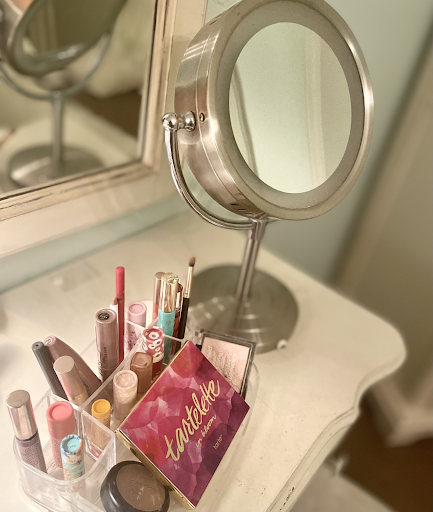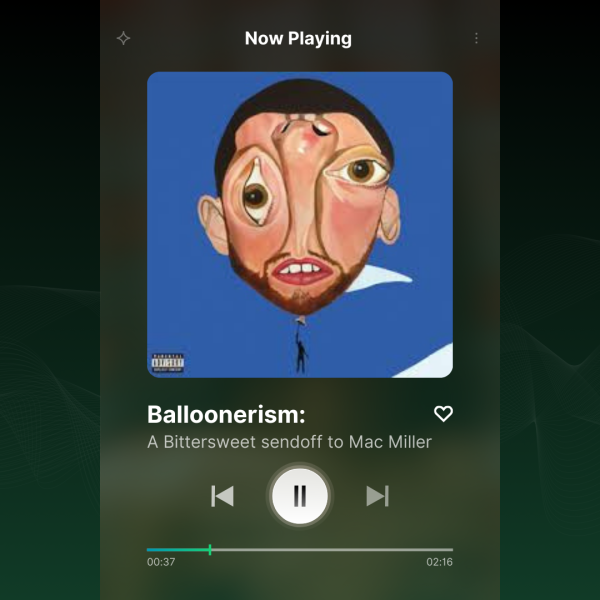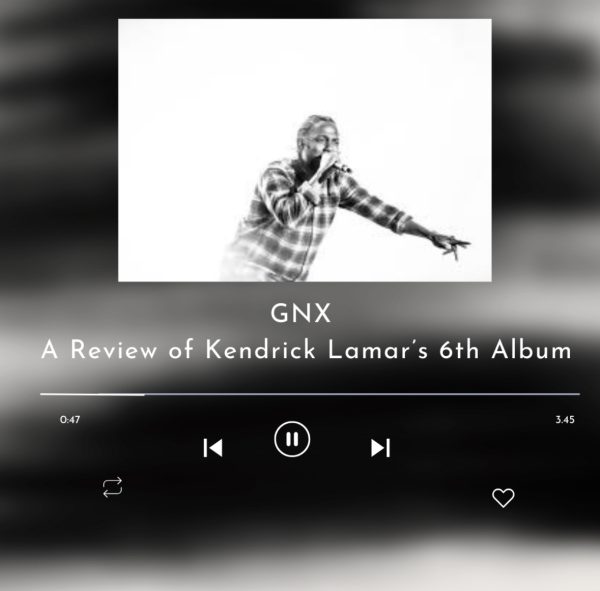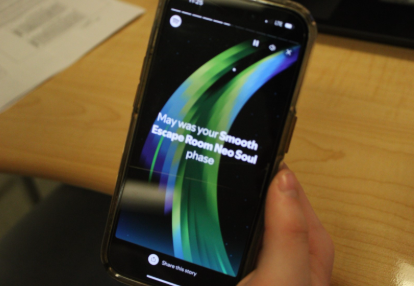Stigmas & Stereotypes Remain Around Piercings
Although piercings have become increasingly popular and trendy among the younger generations, especially with middle and high school students, there is still an undeniable stigma surrounding them.
Piercings are just one of many forms of self-expressions and individuals decide to get them for a variety of reasons.
For fellow South Asian and Middle Eastern women, piercings are a distinctive element of our culture and a rite of passage. As a Pakistani-American, I decided to get a nose piercing in eighth grade. My mom was supportive and happy for me. I celebrated Eid-al-Fitr, a Muslim celebration after the holy month of Ramadan, with my new piercing. I was ecstatic and couldn’t wait to show my friends at school the next day.
The next day when I returned to school I caught my friends murmuring. When I asked them what they were saying, they told me I didn’t “seem as smart with a piercing.”
It felt like a slap to the face. All of a sudden, I forgot about my cultural reasons and the South Asian women I looked up to. I felt ashamed, as if my culture and identity were being stripped away from me.
I continued to hear similar remarks throughout my freshman year and again during my sophomore year. I was talking to one of my friends who wanted a piercing. When I encouraged her to get one, she told me she couldn’t because she “wanted a decent job.”
These comments and reactions surprised and hurt me. I went through a period of time where I regretted my decision and left my piercing out convinced it would stand in the way of future opportunities.
Although it’s ridiculous to think that a ring in somebody’s nose could leave an impact on their ability to obtain a job. Prejudice based solely on our appearance, clothing and self expression is common. Employers have been known to be less likely to hire those with facial piercings due to preconceptions that are almost always entirely based on stereotypes.
Stigmas and stereotypes can leave us feeling invalidated and unworthy. Stigmas such as the ones attached to facial piercings are essentially manufactured by the older generations, and although they are less prevalent among their younger counterparts, notes of prejudice associated with facial piercings are common, and have been common, for many years. Judgement of other humans is natural and good things can emerge from it, however, a person’s choice of dress and expression should not determine their skills.
It is up to us, the younger generation, to combat this form of prejudice. It has caused South Asian and Middle Eastern teenagers to feel ashamed, in turn creating a divide between themselves and their culture. If we begin with normalizing piercings, there will be a greater impact which will lead to development. By belittling others on their choice of expression, we are merely moving backwards in time and enforcing false prejudice.
I now fully own and accept my piercing because it is a representation of my culture, and my choice of self-expression will not stand in the way of my future.
Your donation will support the student journalists of Patriot High School. Your contribution will allow us to purchase equipment and cover our annual website hosting costs.






